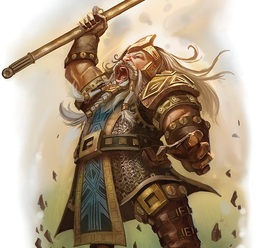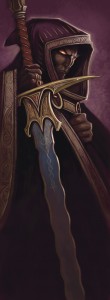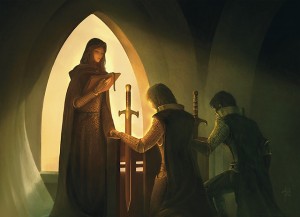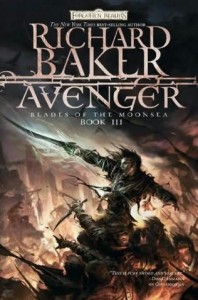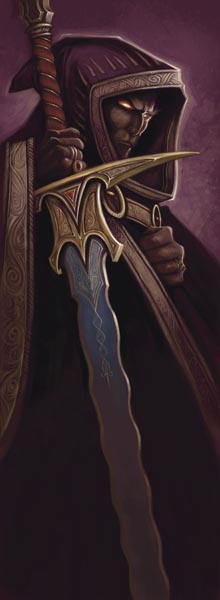 In my local gaming circle, which operates out of a college gaming club, the autumn always brings with it a plethora of new games. With a very active player base, and a wide variety of different parties, I have the advantage of seeing several different parties and classes in action. It allows me to see trends, and not just those that are commented upon increasingly by the editorials released by Wizards of the Coast. While what I have seen at this gaming circle confirms most of what they have said, a recent observation has given an interesting conversation. Other than Clerics and Paladins, divine classes do not get played.
In my local gaming circle, which operates out of a college gaming club, the autumn always brings with it a plethora of new games. With a very active player base, and a wide variety of different parties, I have the advantage of seeing several different parties and classes in action. It allows me to see trends, and not just those that are commented upon increasingly by the editorials released by Wizards of the Coast. While what I have seen at this gaming circle confirms most of what they have said, a recent observation has given an interesting conversation. Other than Clerics and Paladins, divine classes do not get played.
After interviewing most of my gaming circle as to why, I have been able to come up with the same reasons for Avengers, Invokers, and Runepriests. First, there is a lack of distinctive flavor for Runepriests and Invokers to separate them from Clerics and Wizards. Second, the powers and feats are generally lackluster. And third, especially in the case of the Avenger, they simply do not measure up to the other classes for their role in the party. The subject of the Avenger in specific has been discussed before on this blog, and how it fails to be a good striker class. As such, a few friends and I were inspired to take the Avenger back to the drawing board, and re-think the class to solve the issues of a lack of traction, a lack of support, and a lack of being a striker.
